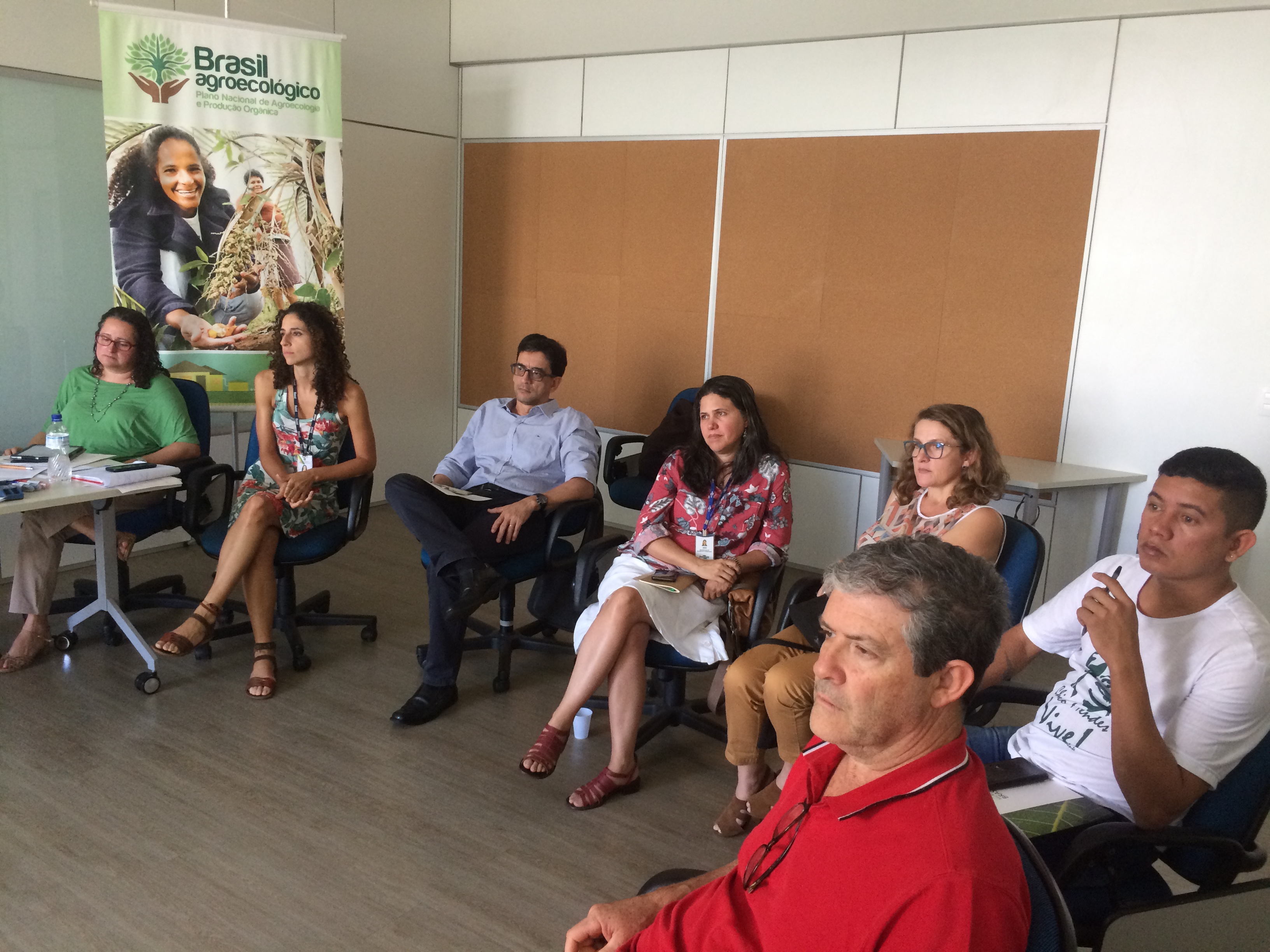

The National Policy for Agroecology and Organic Production (PNAPO) is a pioneer Brazilian national public policy on agroecology. It was enacted through a participatory process, in which civil society played a pivotal and leading role in pushing forward the agenda and in ensuring that some relevant demands were effectively included in the policy’s final text.
On 20th August 2012, the PNAPO was adopted by President Dilma Rousseff, by means of the Federal Decree No 7,794. It is relevant to point out that within the Technical Board for Organics (CT-ORG) there was in the early 2010s a proposal to create a national policy on organic agriculture. However, with the decision of the President to establish a policy on agroecology, both issues were incorporated into the same agenda.
During the enactment process of the policy, the most relevant spaces for dialogue between the Government and civil society were the five Regional Seminars (from February to April 2012) and the National Seminar (May 2012) entitled “For a National Policy on Agroecology and Organic Production” jointly organized by ANA and ABA with the support of the Ministry of the Environment (MMA).
As a result, civil society (farmers, civil society organizations, etc.) had become increasingly articulated over the years, thanks to the National Encounters and the Brazilian Congress of Agroecology, and finally, ANA formulated the document “Proposals of the National Articulation of Agroecology for the National Policy on Agroecology and Organic Production”.
In 2012, the National Council on Food and Nutrition Security (CONSEA)* forwarded to the Presidency the Explanatory Memorandum No 005-2012, supporting the approval and effective implementation of PNAPO. Given all that, in May 2012, the meeting “Dialogues between Government and Civil Society” was held by the Federal Government to engage civil society in the draft of the latest version of PNAPO’s text. It is relevant to stress that not all the civil society priorities and demands were in fact incorporated into the definitive text of Decree No 7,794. Nonetheless, PNAPO still represented a milestone in Brazilian policies for rural development and an accomplishment of the Brazilian agroecological social movements. All in all, PNAPO has established at the national level a set of provisions and guidelines regarding the promotion of agroecology, outlining a legal and political pathway for the promotion of more sustainable, socially inclusive, environmentally friendly food production systems in the country.
* Sadly, the new Government abolished the CONSEA at the beginning of 2019